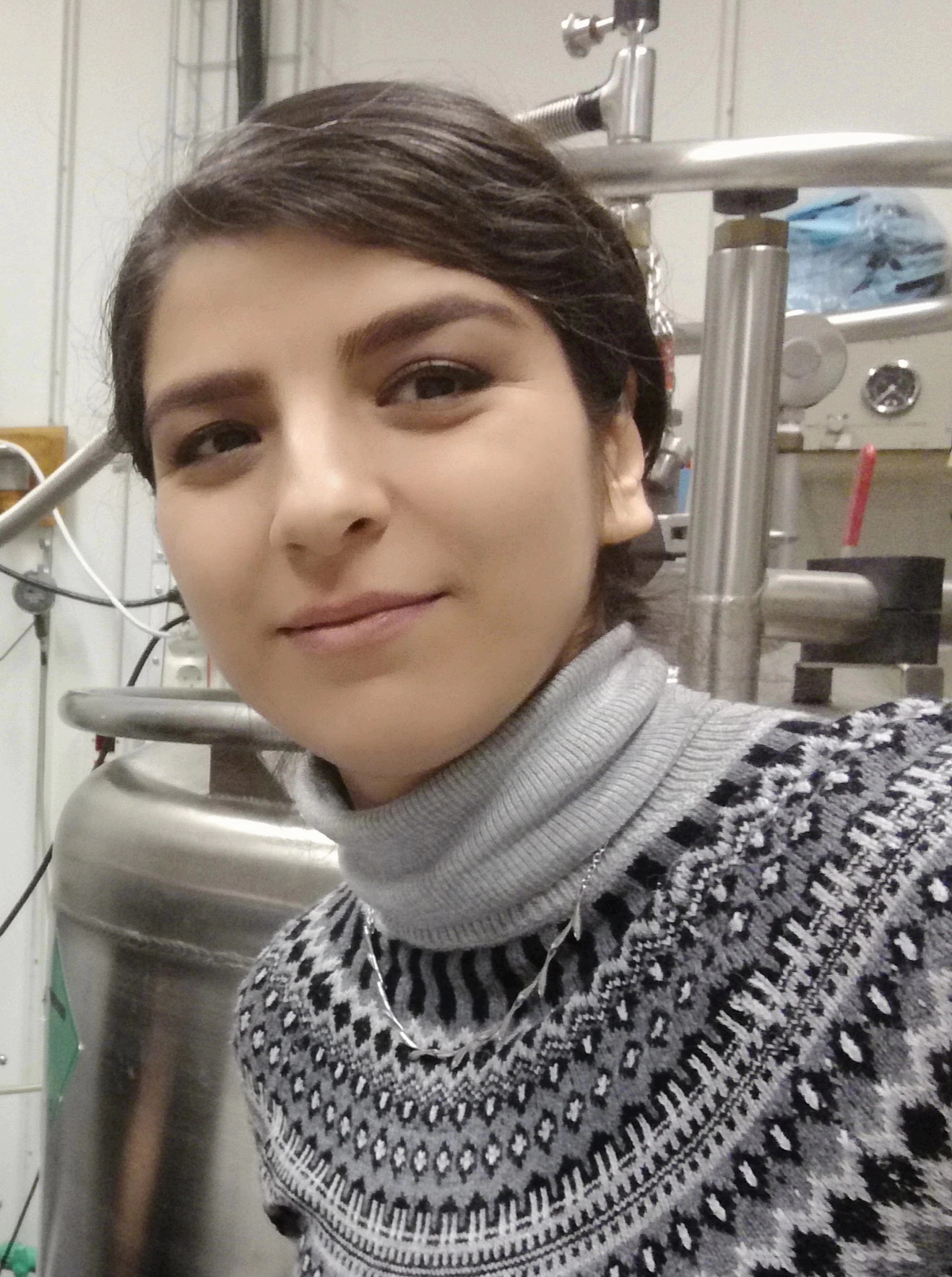
Dr. Bayan Karimi
Aalto University/ University of Chicago
“For her seminal contributions to thermodynamics of quantum superconducting systems and for her quantum thermal transport experiments on them”.
Bayan Karimi works currently as a Marie Curie global post-doctoral fellow at the University of Chicago. She received her PhD in 2022 at Aalto University in Finland on circuit quantum thermodynamics experiments and theory. Her work focuses on understanding open quantum systems on a chip, formed of superconducting quantum circuits at mK temperatures combined with mesoscopic heat baths. Her particular discoveries include observation of temperature fluctuations in metallic absorbers, a novel type of a tunnel junction thermometer, and models for quantum refrigerators and single-photon detectors. Most recently she observed Josephson radiation by an on-chip bolometer. Her current interests are on how thermal fluctuations can be harnessed in cooling and on thermalization and relaxation of isolated quantum systems.
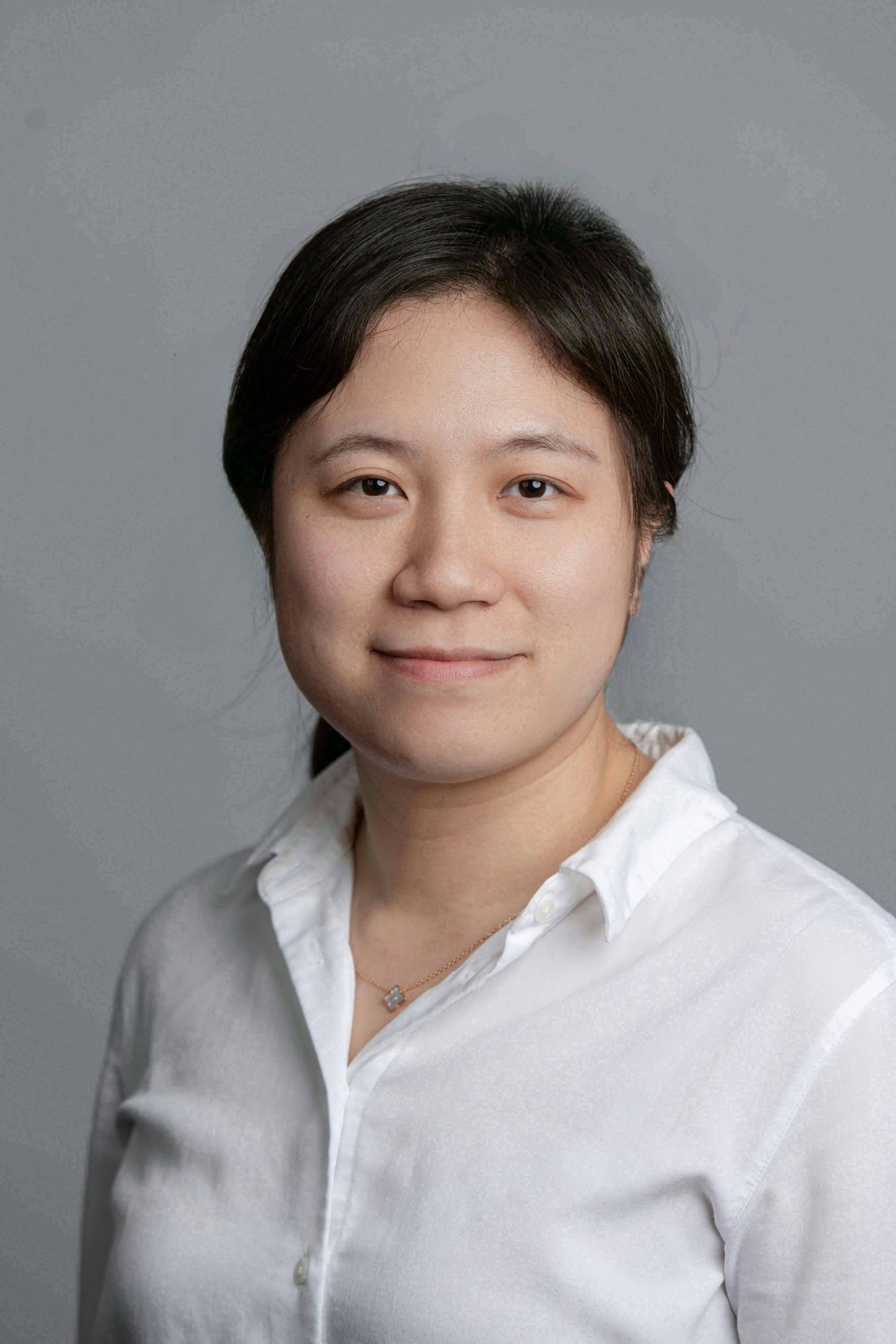
Dr. Shuqiu Wang
University of Bristol
“For her spectroscopic visualisation of topological superconductivity in UTe₂”.
Dr. Shuqiu Wang is currently an assistant professor at the University of Bristol. She received her DPhil from the University of Oxford in the United Kingdom, followed by postdoctoral research at Oxford and Cornell Universities. Dr. Wang has been developing innovative scanning tunnelling microscope (STM) instruments and techniques for investigating quantum matter. She has studied topological superconductivity, particularly in the spin-triplet superconductor UTe₂. Her work has advanced the spectroscopic imaging and theoretical modelling of the topological surface bands. She made critical contributions to the discovery of a topological spin-triplet pair density wave. She developed a quantitative theoretic model for Andreev tunnelling, which led to the creation of scanned Andreev tunnelling microscopy. Dr. Wang played a key role in quantifying the topological surface band in UTe₂ using quasiparticle interference, providing compelling evidence for its status as an intrinsic topological superconductor. Beyond this, her work in cuprate high-temperature superconductors has led to discoveries of novel quantum phases, including orbital ordering.
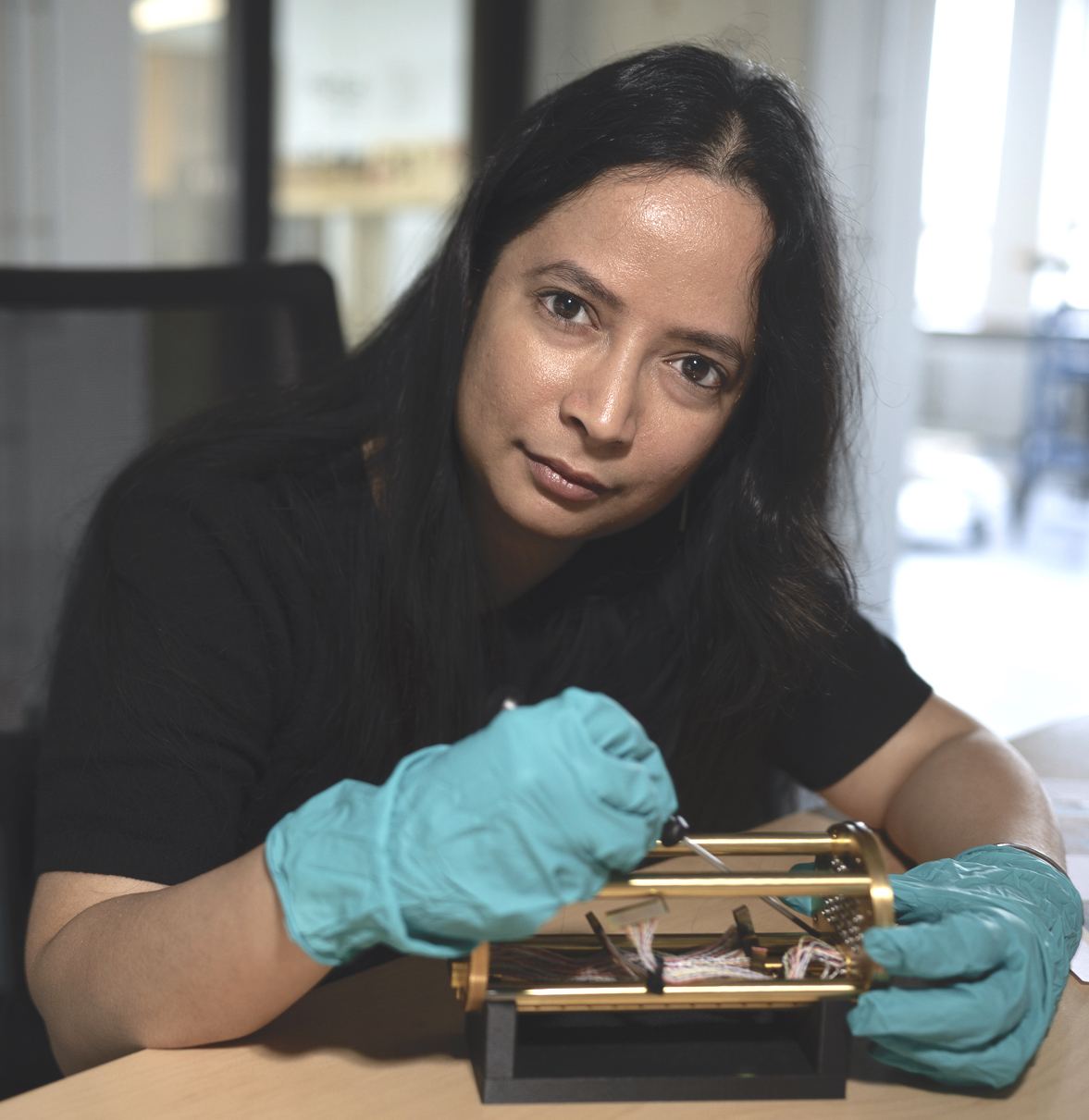
Dr. Anasua Chatterjee
Kavli Institute of Nanoscience at TU Delft
“For her pioneering work on the scaling and operation of solid-state qubit implementations for quantum information, comprising some of the first two-dimensional arrays of spin qubits, as well as novel and hybrid qubit implementations”.
Anasua Chatterjee is an Assistant Professor at QuTech and the Kavli Institute of Nanoscience at TU Delft. She is an experimental physicist, working at the intersection of quantum information and condensed matter physics. Anasua received her AB undergraduate degree from Princeton University, studying topological insulator nanostructures and their interactions with a superconductor, followed by her PhD at University College London, working on a silicon spin qubits and a hybrid silicon quantum dot-dopant qubit. During this period, she had a visiting position at the University of Cambridge and Hitachi Cambridge Laboratory. She was an EPSRC Doctoral Prize Fellow at the Center for Quantum Devices within the Niels Bohr Institute in Copenhagen, working on semiconductor spin qubit arrays hosted in quantum dots, with a particular focus on the fabrication, scaling, tuning, and operation of small-scale quantum processors. She started her own group in 2020 as Assistant and later Associate Professor at the Niels Bohr Institute, and her group uses advanced algorithms, including machine learning techniques, to automate the operation of semiconductor qubits and to realize complex feedback-enabled circuits. She also focuses on coupling superconductors to semiconducting quantum dots, particularly in germanium heterostructures, to create coherent, functional superconductor-semiconductor circuits.
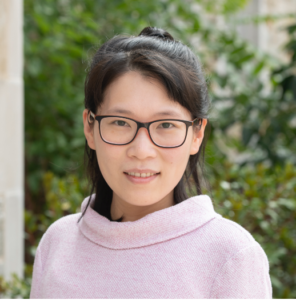
Dr. Qiong Ma
Boston College, USA
“For her outstanding contributions to the discovery of the nonlinear Hall effect related to the quantum geometry of Bloch electrons”.
Dr. Qiong Ma is now an assistant professor at Boston College. She received her Ph.D in physics from the Massachusetts Institute of Technology in the United States in 2016. She played a key role in the experimental discovery of the nonlinear Hall effect at zero-magnetic field in a 2D semiconductor, bilayer WTe2 in the 1T’ structure. She revealed the nature of this unconventional Hall effect: the current-voltage characteristic is quadratic instead of linear and the Hall voltage is measured at twice the frequency of the input current, clearly demonstrating the second-order nature of the Hall response; and the nonlinear Hall response shows multiple peaks and sign reversals as a function of carrier density. These features were also analyzed by DFT calculation of the Berry curvature dipole in bilayer WTe2. The agreement between experiment and theory provided compelling evidence of the quantum geometrical origin of the observed nonlinear Hall effect, and has stimulated much further research.

Dr. Xiaolong Liu
Cornell University, USA
“For his contributions to the visualization electronic properties of superconductors and magnetic topological insulators using scanning tunnelling microscopy”.
Dr. Xiaolong Liu is now working as a Kavli Postdoctoral Fellow at Cornell University. He received his Ph.D in Applied Physics from Northwestern University in the United States in 2018. Dr. Liu has been studying quantum materials using scanning tunnelling microscopy. He has studied the effect of disorder in the quantum Hall state of a three-dimensional magnetic topological insulator, determining the spatial dependence of the Dirac mass gap. He has also contributed to the development of Josephson scanning microscopy, unveiling a Cooper pair density wave and visualizing the superfluid density and velocity of the flowing electronic fluid in superconducting NbSe2.

Dr. Matthew Yankowitz
University of Washington, USA
“For his transformative contributions to the field of moiré quantum materials including pressure-tuning of superconductivity in twisted bilayer graphene”.
Dr. Matthew Yankowitz is now an assistant professor at the Department of Physics at the University of Washington and also a WRF Innovation Assistant Professor in Clean Energy at the University of Washington. He received his Ph.D in physics from the University of Arizona in the United States in 2015. Dr. Yankowitz has been working on scanning probes, transport, and pressure-tuning to explore the electronic properties of two-dimensional materials. As a graduate student, he studied the Hofstadter physics of graphene sheets. Recently Dr. Yankowitz has discovered that superconductivity and correlated insulator states can be induced in twisted bilayer graphene by applying pressure. He extended his research to related bilayer/bilayer and monolayer/bilayer graphene systems, which are new important platforms to realize novel phenomena including the quantum anomalous Hall effect.

Dr. Matthias Saneyuki Ikeda
Stanford University, USA
“For the invention of sensitive means to measure the ac elastocaloric effect, and for revealing its relevance to the study of quantum materials”.
Dr. Matthias Ikeda is a Research Scientist at the Geballe Laboratory for Advanced Materials and the Department of Applied Physics at Stanford University. He received his Ph.D from Vienna University of Technology in 2015. Dr. Ikeda uses thermodynamic and transport measurements of quantum materials at low temperatures to advance the understanding of correlation phenomena. His invention, development and use of new measurement techniques enabled him to make a number of impactful discoveries. For instance, his strain-tuning experiments have provided strong evidence for a nematic quantum critical point in iron-based superconductors, while his sensitive ac elastocaloric effect measurements have revealed new insights to nemato-elastic coupling in the same materials.
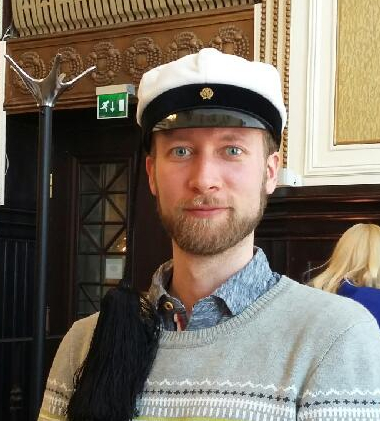
Dr. Samuli Autti
Lancaster University, UK
“For observations at low temperatures of half-quantum vortices, time crystals and magnon Bose-Einstein condensation in superfluid 3He”.
Samuli Autti is currently working as a post-doctoral researcher at Lancaster University in the UK, where he was also a Wihuri Foundation (Finland) post-doctoral fellow in 2017-2019. He received his Ph.D. in physics from Aalto University in Finland in 2017. His research is focused on experiments at ultra-low temperatures, in particular on superfluid 3He. The major discoveries he has authored include the observation of half-quantum vortices in 3He, concluding four decades of investigations, and one of the very first implementations of time (quasi) crystals, emerging from a quasiparticle Bose-Einstein condensate. He is also known for exploiting and publicizing the conceptual connections between superfluid 3He and other, seemingly distant fields, such as particle physics and cosmology.
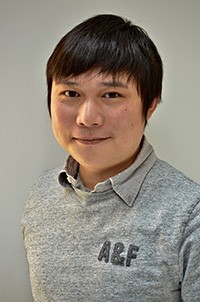
Dr Ke Wang
University of Minnesota, USA
“For observations at low temperatures of single-electron silicon qubits, graphene electron-optics, a quantum transistor, and confinement of charged excitons in transition metal dichalcogenides.”
Ke Wang obtained his Ph.D. degree in Physics from Princeton University in 2014 after working with Prof. Jason Petta on first generation single-electron silicon quantum devices. During his post-doctoral research at Harvard University with Prof. Philip Kim, he studied novel gate-defined (vdW) nanostructures, in which he demonstrated relativistic electron-optics, quantum Hall tunneling spectroscopy, and quantum confinement of excitons in 2D van der Waals (vdW) materials. He joined University of Minnesota as an assistant Professor in Physics in 2018. His current research interests include exotic scorrelated behavior and mesoscopic quantum phenomena in novel gate-defined vdW material platforms.
Nominations are sought for the Olli V. Lounasmaa Memorial Prize for Low Temperature Physics and its Applications. This international prize is awarded once every four years and it is intended to recognize outstanding contributions to low temperature physics and related fields. The Prize, founded in 2004, is a tribute to the founder of strong Finnish research tradition both in low temperature physics and neuroscience.
Background information and previous Olli V. Lounasmaa Memorial Prize winners can be found on https://aalto.fi/ovl-memorial-prize. Since 2016, the Prize has been sponsored by Bluefors, the world’s leading manufacturer of ultra-low temperature refrigerators, and a spin-out of the Low Temperature Laboratory that was established by Lounasmaa in 1965.
The members of the 2020 Olli V. Lounasmaa Memorial Prize committee are Eddy Collin (Grenoble), Michel Devoret (Yale), Milena Grifoni (Regensburg), Pertti Hakonen (Aalto Univ.), Rich Haley (Lancaster), Koji Ishibashi (RIKEN), Jukka Pekola (Aalto Univ.), Valery Ryazanov (Chernogolovka), Anssi Salmela (BlueFors), Mika Sillanpää (Aalto Univ.).
Nominations and supporting letters should be sent (preferably electronically in .pdf format) to the Chair of the Prize Committee:
Prof. Pertti Hakonen
Attention: Olli V Lounasmaa Memorial Prize
Aalto University School of Science
Low Temperature Laboratory
Puumiehenkuja 2 B,
Espoo, P.O. Box 15100,
FI-00076 AALTO, FINLAND
E-mail: [email protected],
The deadline for the receipt of nominations and supporting letters is December 20, 2019.
A letter of nomination should include all of the following:
- The basis for the proposed prize.
- Citations to publications on which the nomination is based.
- An assessment of the impact to the low temperature community.
- Relevant biographical information, and current institutional affiliation.
Letters (no more than 4) from knowledgeable colleagues supporting the nomination are welcome and should be submitted along with the nomination material.

Dr. Clifford Hicks
Max-Planck Institute for Chemical Physics of Solids, Dresden, Germany
“For his pioneering development of low temperature measurement techniques, notably concerning the application of uniaxial stress, and his experiments on unconventional superconductivity”.
Clifford Hicks received his Ph.D. from Stanford University in 2009, investigating unconventional superconductors. The work involved using a scanning SQUID magnetometer to search for chiral edge states in Sr2RuO4, and the development of a new method, based on local measurements using a scanning SQUID susceptometer, for measuring the penetration depth of superconductors. For his postdoctoral work at the University of St Andrews, with Professor Andrew Mackenzie, he focused in part on transport and cantilever torque magnetometry on delafossite oxide metals. He also developed a piezoelectric-based uniaxial pressure cell, and applied it to study the superconductor Sr2RuO4. In 2014, Clifford joined the Max Planck Institute for Chemical Physics of Solids, Dresden, to lead a new research group, focusing on the effects of uniaxial pressure on unconventional superconductors and magnets, and further development of the technique. Remarkably it was shown that strain can double Tc of the unconventional superconductor Sr2RuO4. With two former students from St Andrews, he has also co-founded a company that has successfully commercialized piezoelectric-based pressure cells.
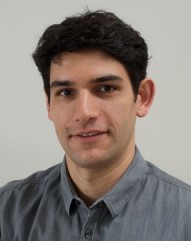
Dr. Vlad Pribiag
University of Minnesota, Minneapolis, USA
“For his important contributions to two main areas of low temperature and nanoscale physics: superconductivity in the edge modes of two-dimensional topological insulators; spin-dependent quantum transport in one-dimensional semiconductors with strong spin-orbit coupling”.
His results have elucidated key aspects of the electronic properties of these novel materials, which are candidates for quantum and classical information processing.
Vlad Pribiag received his Ph.D. in 2010 from Cornell University, investigating the magnetization dynamics magnetic vortices driven by spin-transfer torques. For his postdoctoral work at the Kavli Institute of Nanoscience Delft, he focused on quantum transport in low-dimensional materials with strong spin-orbit coupling, including single-spin dynamics in quantum dots and superconducting transport in 2D topological insulator devices. During this time he was the recipient of a VENI award from the Netherlands Organisation for Scientific Research. Dr. Pribiag then joined the School of Physics and Astronomy at the University of Minnesota in fall 2014. His current work focuses on the physics of nanoscale devices based on novel low-dimensional materials, such as 2D topological insulators, complex oxide interfaces, and semiconductor nanowires. He has recently been awarded a Sloan Fellowship (2017) and an NSF CAREER Award (2016).
The Olli V. Lounasmaa Memorial Prize 2016 was awarded to Professor Michel Devoret from the Yale University (New Haven, USA), for his pioneering investigations and applications of macroscopic quantum phenomena at low temperatures. The prize was announced on August 16th 2016 at the international Quantum Fluids and Solids conference QFS2016 in Praque, Czech Republic.
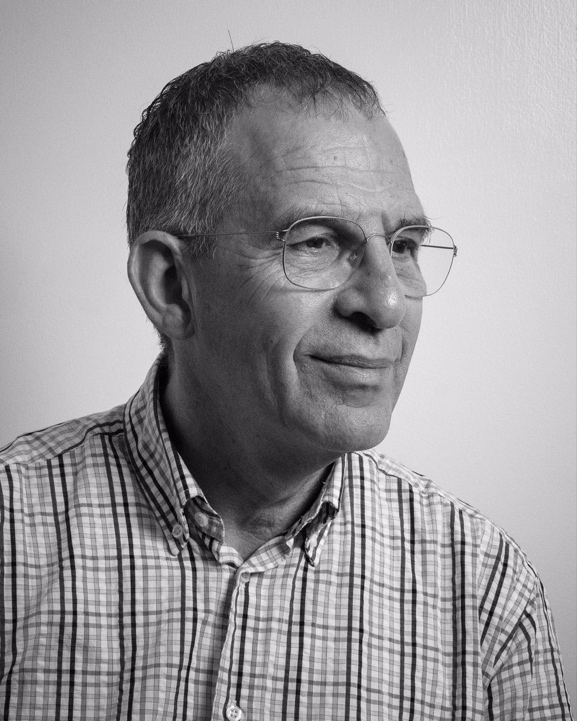
Prof. Devoret was elected for the Prize by a Selection Committee consisting of Dr. Rob Blaauwgeers (founder and managing director of BlueFors Cryogenics Oy), Professors John Clarke (University of California, Berkeley, USA), Andrew Cleland (University of Chicago, USA), Vladimir Dmitriev (Kapitza Institute for Physical Problems, Moscow, Russia), Pertti Hakonen (chair, Aalto University), Kimitoshi Kono (RIKEN, Japan), Jukka Pekola (Aalto University), George Pickett (Lancaster University, UK), and Tuija Pulkkinen (vice rector of Aalto University).
Michel H. Devoret was born in France. He graduated from Ecole Nationale Superieure des Telecommunications in Paris in 1975, and received his PhD from Paris University in 1982. For more than four decades he has pioneered the discovery, understanding and application of quantum phenomena revealed in the low temperature regime. His contributions to the field of quantum electronics have set the stage for major advances in our knowledge of, and control over macroscopic quantum devices and systems. His scientific and technological foundations in superconducting circuits hold great potential to emerge as a dominant technology for quantum computation.
Prof. Devoret is a member of the American Academy of Arts and Sciences (2003) and a member of the French Academy of Sciences (2008). He has received the Ampere Prize of the French Academy of Science (together with Daniel Esteve, 1991), the Descartes-Huygens Prize of the Royal Academy of Science of the Netherlands (1996) and the Europhysics-Agilent Prize of the European Physical Society (together with Daniel Esteve, Hans Mooij and Yasunobu Nakamura, 2004). He is also a recipient of the John Stewart Bell Prize, which he received jointly with Rob Schoelkopf in 2013. In 2014, he has been awarded, together with John Martinis and Rob Schoelkopf, the Fritz London Memorial Prize.
The Olli V. Lounasmaa Prize Fund owes to the generosity of Kiti Müller and the members of Finnish Society of Sciences and Letters for the endowment of the revenues obtained upon publishing the Memoirs of Olli V. Lounasmaa.
Read more from the attached release.
About the Prize: http://physics.aalto.fi/en/about/olli_v-lounasmaa_memorial_prize/
Aalto PHYS news: http://physics.aalto.fi/en/current/news/2016-08-16-003/




